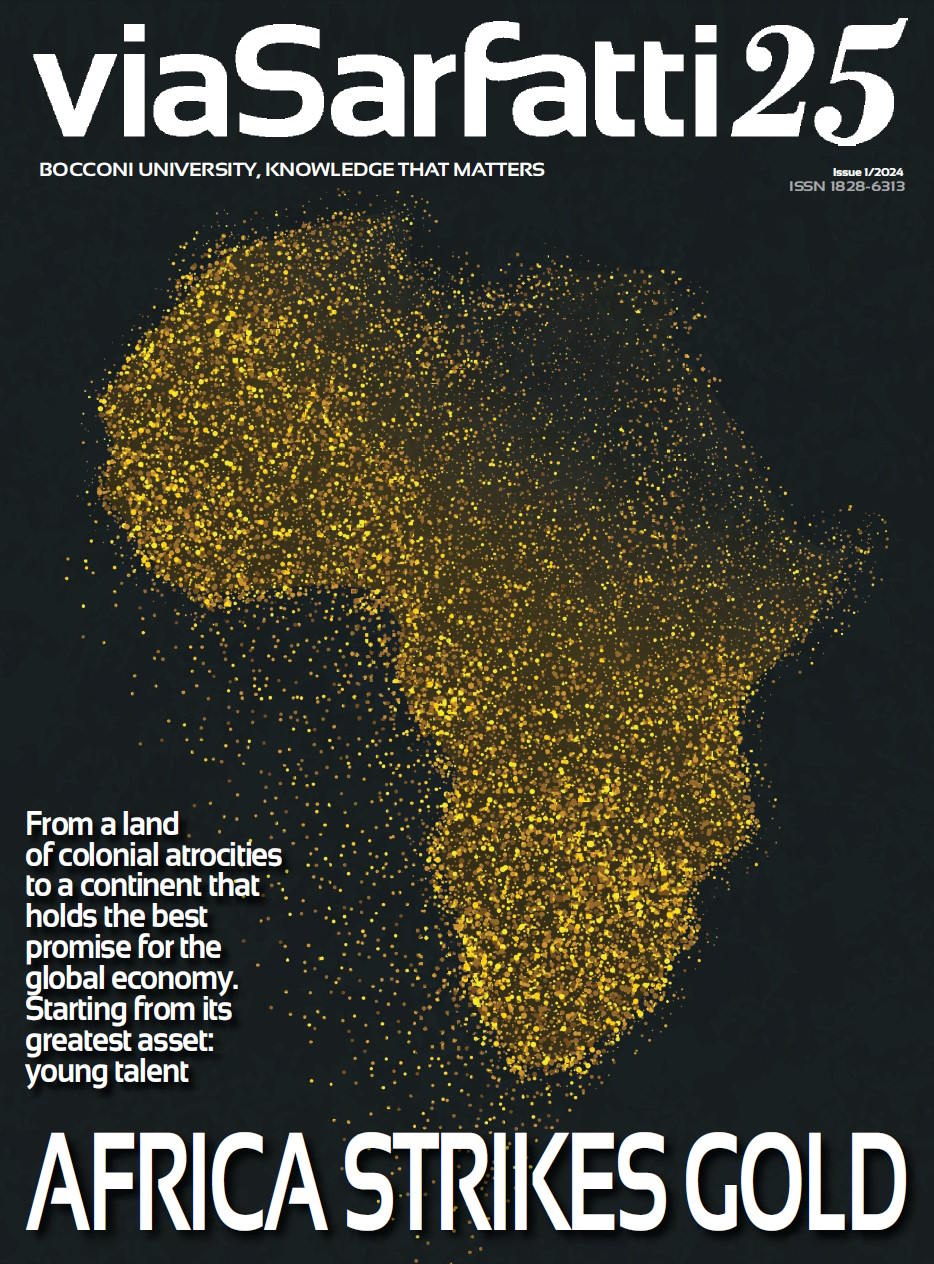
2024, a Year That Is Already History
 It has only just begun, but we already know that 2024 will go down in history. Over the next 12 months, 76 countries will go to the polls: from Bangladesh (on January 7) to the United States (on November 5), including the 27 countries that will vote for the European Parliament in June. It is not only the internal balance within each nation that could change, but also the social and political equilibria on a global scale. In this context, politics, usually portrayed as a speedometer needle that can change the fate of a government as fast as a tweet, could now turn into the balance needle that settles the scales of an increasingly interconnected world. A world in the throes of a deep identity crisis, due to the increasingly sharp contrasts between North and South, rich and poor, amid conflicting demographic trends and climate change. A crisis that has led to wars that are more or less close to home: not just Ukraine and Palestine, since there is a total of 55 armed conflicts between states that are currently active, eight of which have reached the level of full-fledged war, and 22 of which have been internationalized, that is, one or both parties received external support from the troops of another state.
It has only just begun, but we already know that 2024 will go down in history. Over the next 12 months, 76 countries will go to the polls: from Bangladesh (on January 7) to the United States (on November 5), including the 27 countries that will vote for the European Parliament in June. It is not only the internal balance within each nation that could change, but also the social and political equilibria on a global scale. In this context, politics, usually portrayed as a speedometer needle that can change the fate of a government as fast as a tweet, could now turn into the balance needle that settles the scales of an increasingly interconnected world. A world in the throes of a deep identity crisis, due to the increasingly sharp contrasts between North and South, rich and poor, amid conflicting demographic trends and climate change. A crisis that has led to wars that are more or less close to home: not just Ukraine and Palestine, since there is a total of 55 armed conflicts between states that are currently active, eight of which have reached the level of full-fledged war, and 22 of which have been internationalized, that is, one or both parties received external support from the troops of another state.
At the global ballot box, the average age of the electorate will be older (in 1950, the average age of voters was 25; in 2020, it will be 33), although there are clear differences between the various regions of the world, with the mean voter's age in Africa being 20 years old and in Europe 43 years old. Obviously, minors will have no voice in this.
We must look at this year as an opportunity not to be missed; we must commit ourselves to studying, understanding, and building an inclusive and sustainable world for all. For Bocconi, it is a tangible commitment in the form of financial aid policies to support students, in the development of new ideas thanks to the work of our researchers, in the projects linked to the so-called University's third mission that will see our growing commitment.
The year 2024 is already in the history books. It is up to us to decide the reason why.